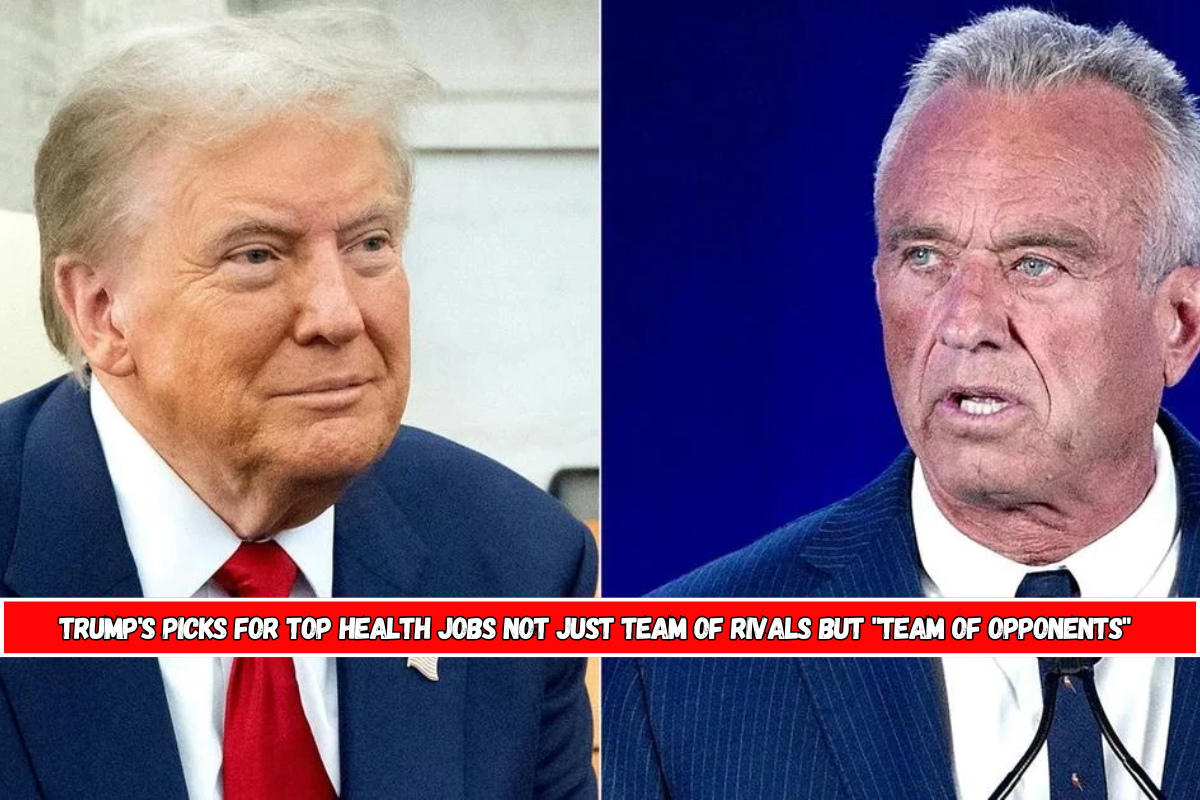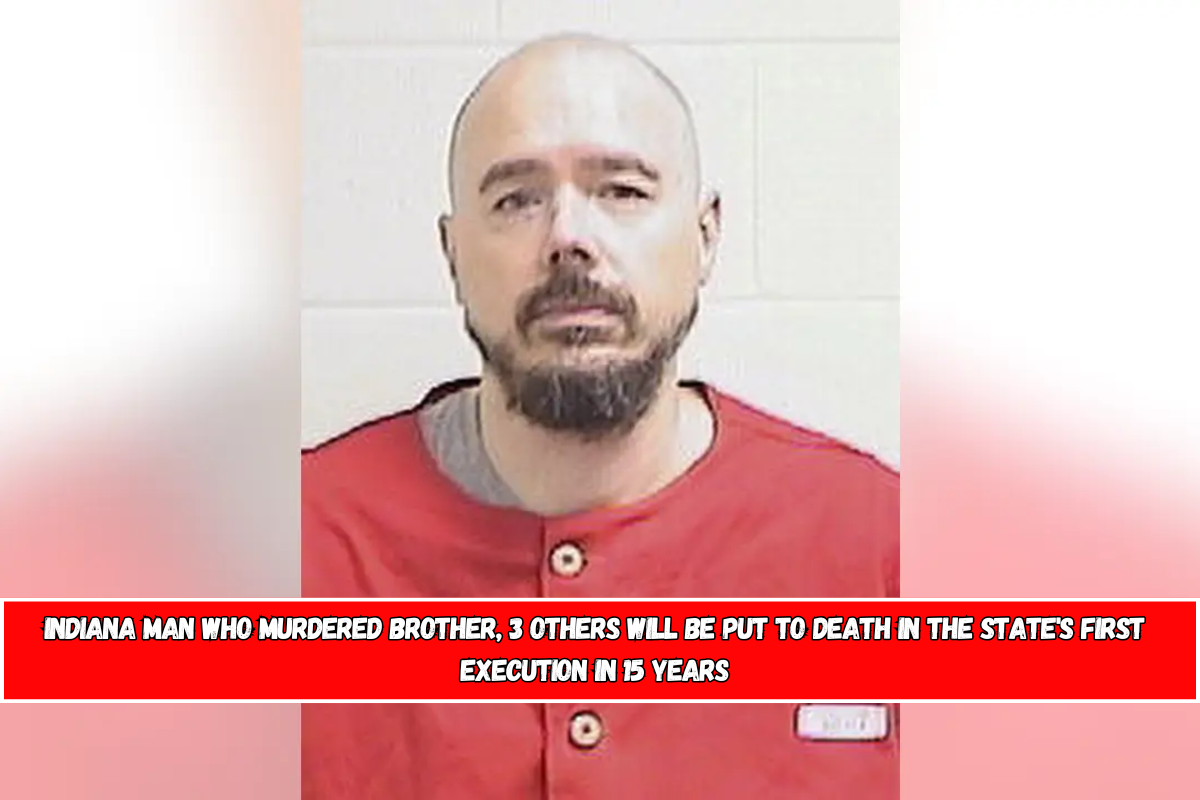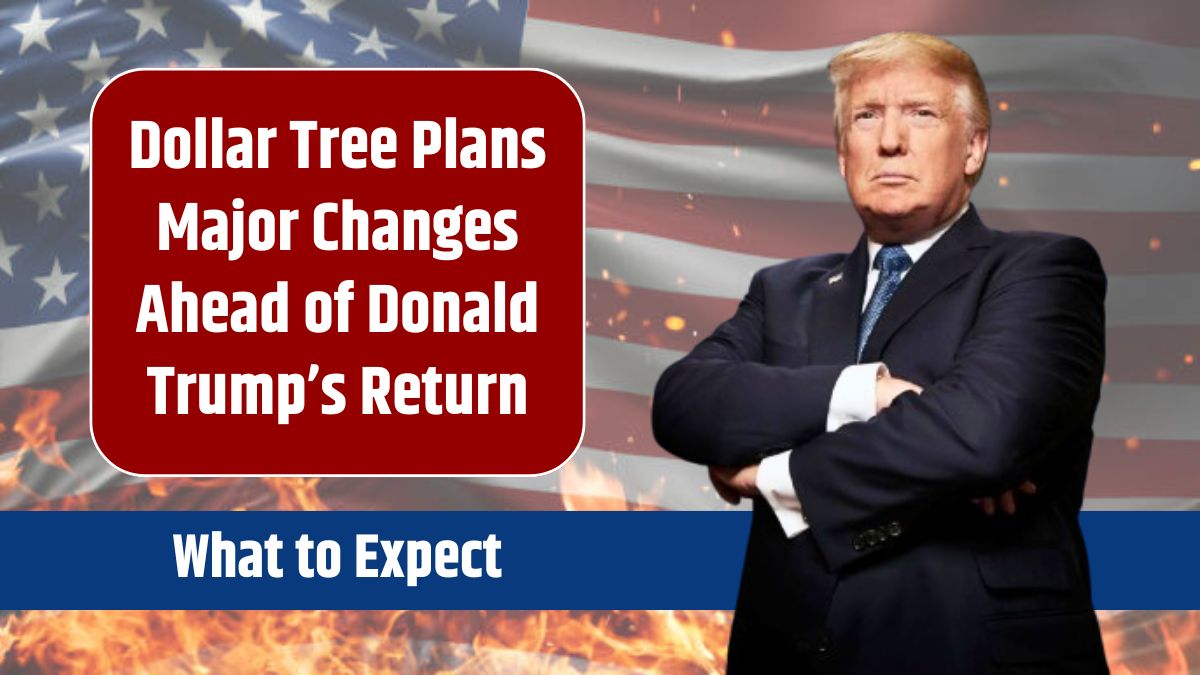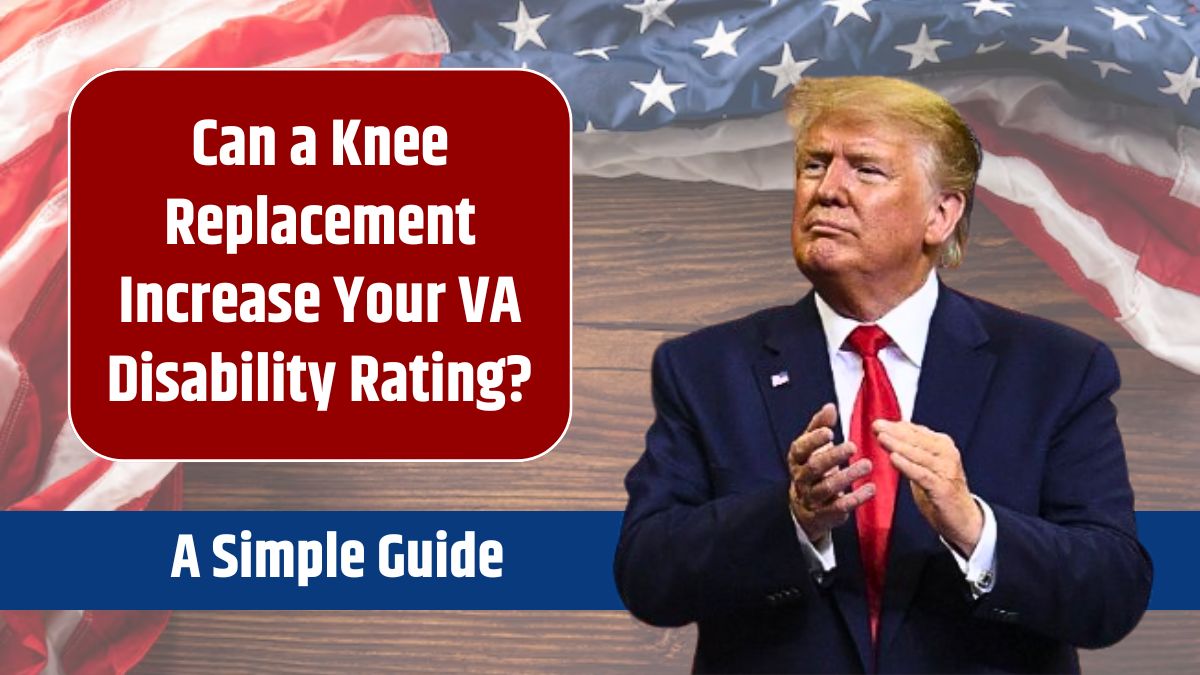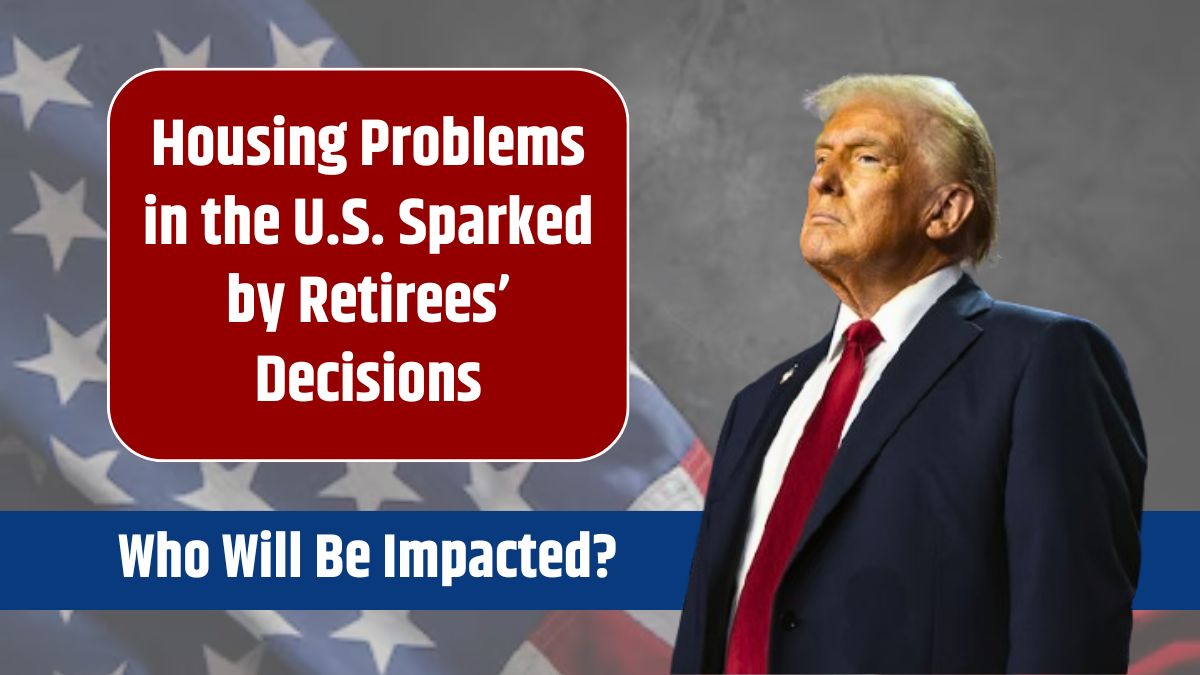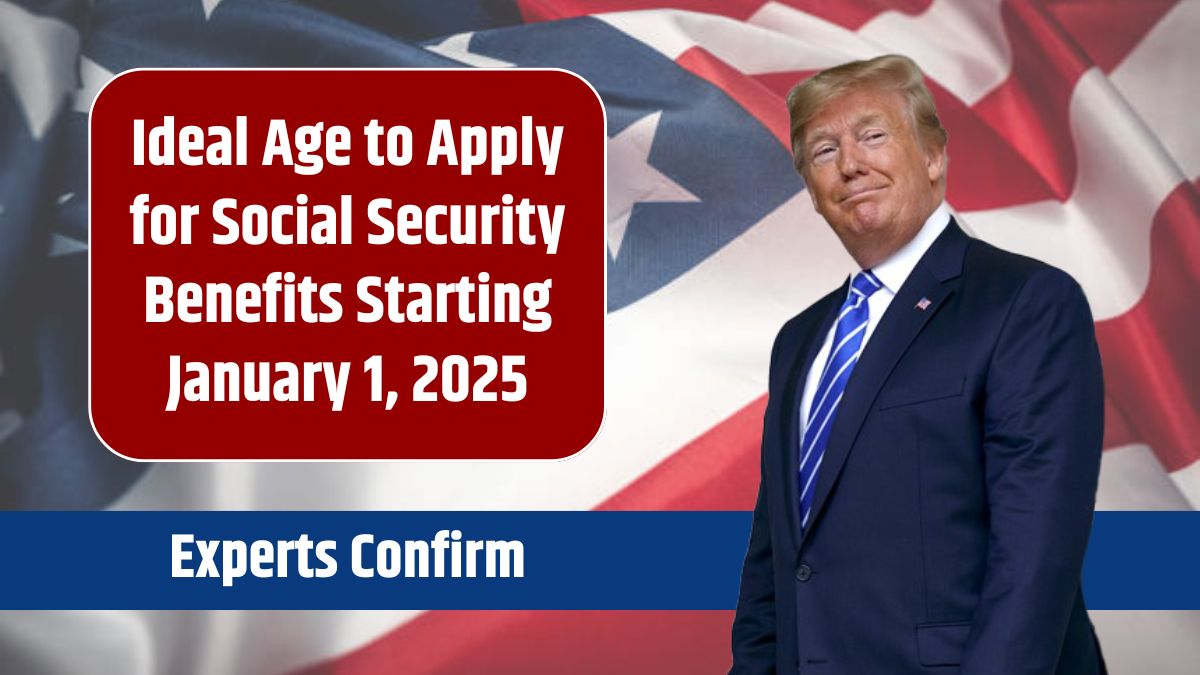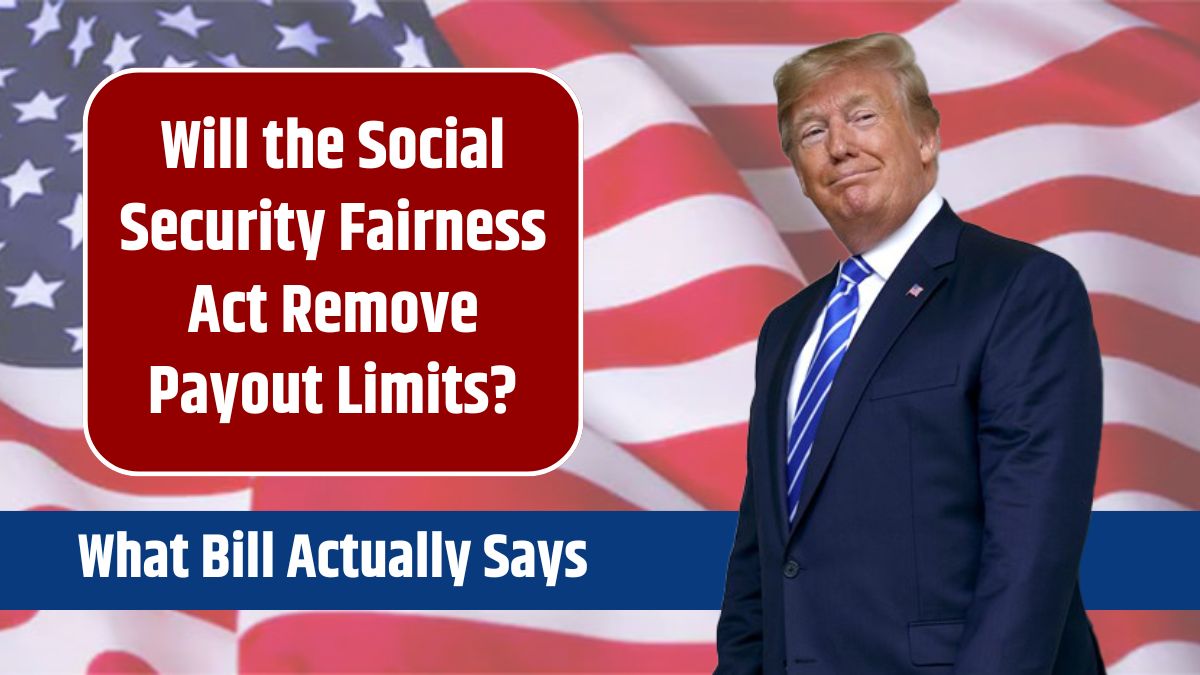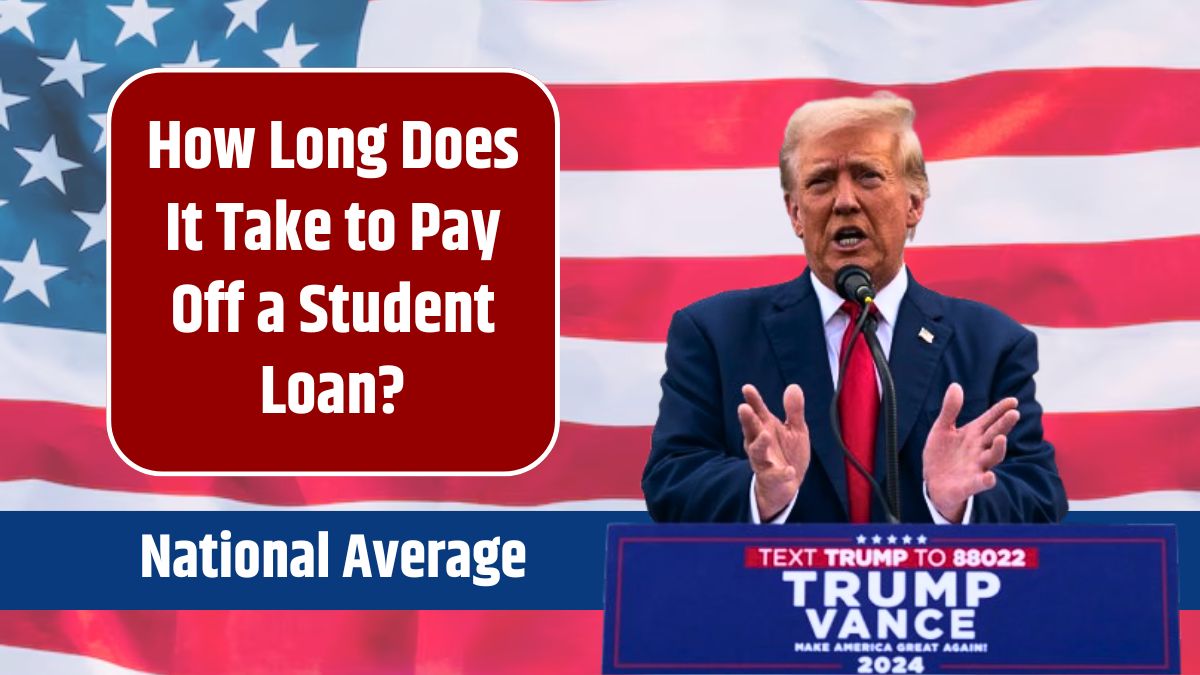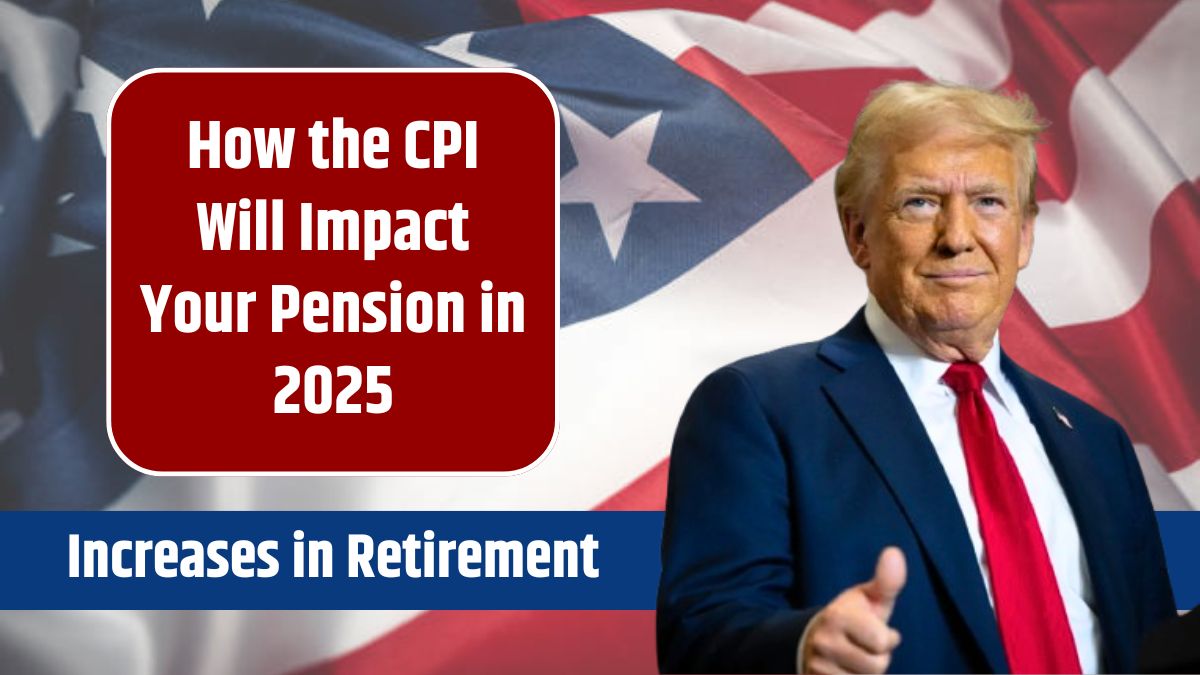Many of President-elect Donald Trump’s candidates for federal health agencies have advocated policies and goals that conflict with one another or with Trump’s nominee to lead the Department of Health and Human Services, Robert F. Kennedy Jr., laying the groundwork for internal conflict over public health initiatives.
The candidates have differing opinions on abortion restrictions, the safety of infant immunizations, the COVID-19 response, and the usage of weight-loss medicines. The difference sets Trump’s appointees who believe in more conventional and orthodox science, such as the long-held, scientifically backed results that vaccinations are safe, versus the sometimes unfounded views presented by Kennedy and other nominees who say vaccines cause autism.
When high-ranking policymakers are on the same team but have opposing viewpoints, it may be more difficult to create and implement goals.
The Trump transition team and the candidates named in this piece did not reply to calls for comment.
Michael Cannon, director of health policy studies at the Cato Institute, a libertarian policy group, described it as a possible “team of opponents” inside the government’s health institutions. Kennedy lacks a medical degree.
Kennedy, he said, is infamous for ignoring alternative viewpoints when challenged with science.
“The heads of the FDA and NIH will be spending all of their time explaining to their boss what a confidence interval is,” Cannon added, referring to a statistical phrase used in medical research.
Those whose ideas prevail will have considerable weight in determining policy, from who is selected to federal vaccine advisory boards to government permission for COVID vaccines to prohibitions on abortion drugs. If approved as HHS secretary, Kennedy is likely to set the majority of the agenda.
“If President Trump’s nomination of RFK Jr. to be secretary is confirmed, if you disagree with his views, it will be extremely difficult to advance in that department,” said Amesh Adalja, an infectious disease expert and senior fellow at the Johns Hopkins Center for Health Security. “To fit in with RFK Jr.’s ideals, they will have to conceal their own. Independent public dissent is not encouraged in this or any government.”
Kennedy is the chair of Children’s Health Defense, an anti-vaccine non-profit. He has pledged to reduce the country’s thirst for ultra-processed foods and the prevalence of chronic illness. He advised Trump on who should oversee the Centers for Disease Control and Prevention, the Food and Drug Administration, and the National Institutes of Health. If confirmed, he would lead them from the head of HHS, which has a budget of more than $1.7 trillion.
Clashes are likely. Kennedy has advocated for access to abortion until a fetus is viable. That puts him at odds with Dave Weldon, the former Florida congressman Trump has appointed to lead the CDC. Weldon, a physician, is an abortion opponent who drafted one of the primary legislation permitting health professionals to opt out of the practice.
Weldon would lead an agency that has been the target of conservatives since the COVID outbreak started. On his campaign website, he boasts of his “100% pro-life voting record”. (Earlier this year, he ran unsuccessfully for a seat in the Florida House of Representatives.)
Trump has said that he would leave abortion choices up to the states, but the CDC under Weldon may, for example, support research on abortion risk. The agency may oblige states to supply the federal government with information on abortions performed inside their boundaries, or risk losing federal subsidies.
Weldon, like Kennedy, has questioned the safety of vaccinations and claims they may cause autism. That contradicts the opinions of Marty Makary, a Johns Hopkins physician whom Trump intends to pick for FDA commissioner. The British American claimed on Fox News Radio’s “Brian Kilmeade Show” that vaccinations “save lives,” but he added that it’s important to examine the United States’ immunization schedule for youngsters.
The American Academy of Pediatricians urges parents and clinicians to follow the recommended pediatric immunization regimen. “Nonstandard schedules that spread out vaccines or start when a child is older put entire communities at risk of serious illnesses, including infants and young children,” according to the group’s member advice.
Jay Bhattacharya, Trump’s choice to oversee the NIH, is a doctor and economist who has previously endorsed immunizations.
Kennedy has said on NPR that federal officials under his direction would not “take vaccines away from anybody.” However, the FDA handles vaccine approval, and under his leadership, the agency may appoint vaccine skeptics to advisory committees or modify a mechanism that generally shields vaccine manufacturers from consumer damage claims.
“I believe that vaccines cause autism,” Kennedy remarked on Fox News in 2023. Numerous scientific investigations have refuted the assumption that immunizations cause autism.
Ashish Jha, a cardiologist who served as the White House COVID response coordinator from 2022 to 2023, said that Bhattacharya and Makary have extensive and illustrious histories in medicine and science, bringing decades of expertise to these top positions. However, he said that it “is going to be a lot more difficult than they think” to advocate for their ideas under the current government.
Being able “to do things that displease your boss, and if [Kennedy] gets confirmed, he will be their boss,” according to Jha. “They have a difficult task ahead of them if they are to defend their scientific beliefs. If they don’t, it will just demoralize the employees.”
Most of Trump’s nominees believe that government health agencies botched the pandemic response, a position that resonated with many of the president-elect’s voters and supporters — despite the fact that Trump headed that response until Joe Biden left office in 2021.
Kennedy said during a 2021 Louisiana House oversight hearing that the COVID vaccine was the “deadliest” ever created. He has provided no proof to support his assertion.
According to federal health experts, the immunizations have saved millions of lives worldwide and provide crucial protection against COVID-19. Protection lasts, even if its efficiency diminishes over time.
A May research in The New England Journal of Medicine found that the immunizations were 52% effective against infection after four weeks and 67% effective against hospitalization. The vaccines were created as part of Operation Warp Speed, a public-private collaboration initiated by Trump during his first term to expedite vaccinations and other treatments.
Makary opposed the COVID vaccination guidelines, which recommended administering the doses to young children. He contended that for many individuals, natural protection from diseases may replace the vaccination. Bhattacharya opposed steps taken to combat the spread of COVID in 2020, advising that everyone but the most susceptible continue with their lives as normal. The World Health Organization has cautioned that such a strategy will overburden hospitals.
Mehmet Oz, Trump’s pick to lead the Centers for Medicare & Medicaid Services, an agency inside HHS, has said that the immunizations were oversold. He advocated for the use of the antimalarial medication hydroxychloroquine as a therapy. In 2020, the FDA discontinued hydroxychloroquine’s emergency license for COVID, stating that it was unlikely to be effective against the virus and that the risk of serious adverse effects was too great.
Janette Nesheiwat, a former Fox News contributor and Trump’s nominee for surgeon general, has taken a different view. In an editorial post for Fox News, the doctor praised COVID vaccinations as God’s gift.
Kennedy’s concerns regarding vaccinations are expected to be a major issue early in his presidency. He has said that he wants government health authorities to shift their emphasis away from infectious illness prevention and control and toward chronic disease management.
Some public health officials are concerned about the change in emphasis and skepticism of immunizations as the H5N1 avian flu virus spreads among dairy animals. This year, there have been over 60 human cases documented in the United States, with all but two tied to exposure to cattle or poultry.
“Early on, they’re going to have a discussion about vaccinating people and animals” against bird flu, said Georges C. Benjamin, executive director of the American Public Health Association. “We all contribute our perspectives to the table. The secretary is in charge of a department’s overall policy.

